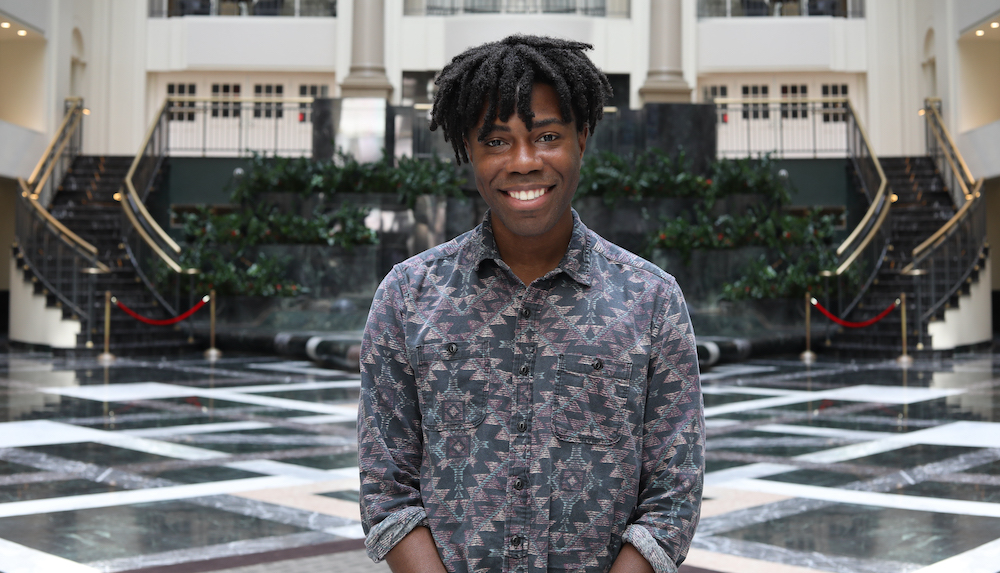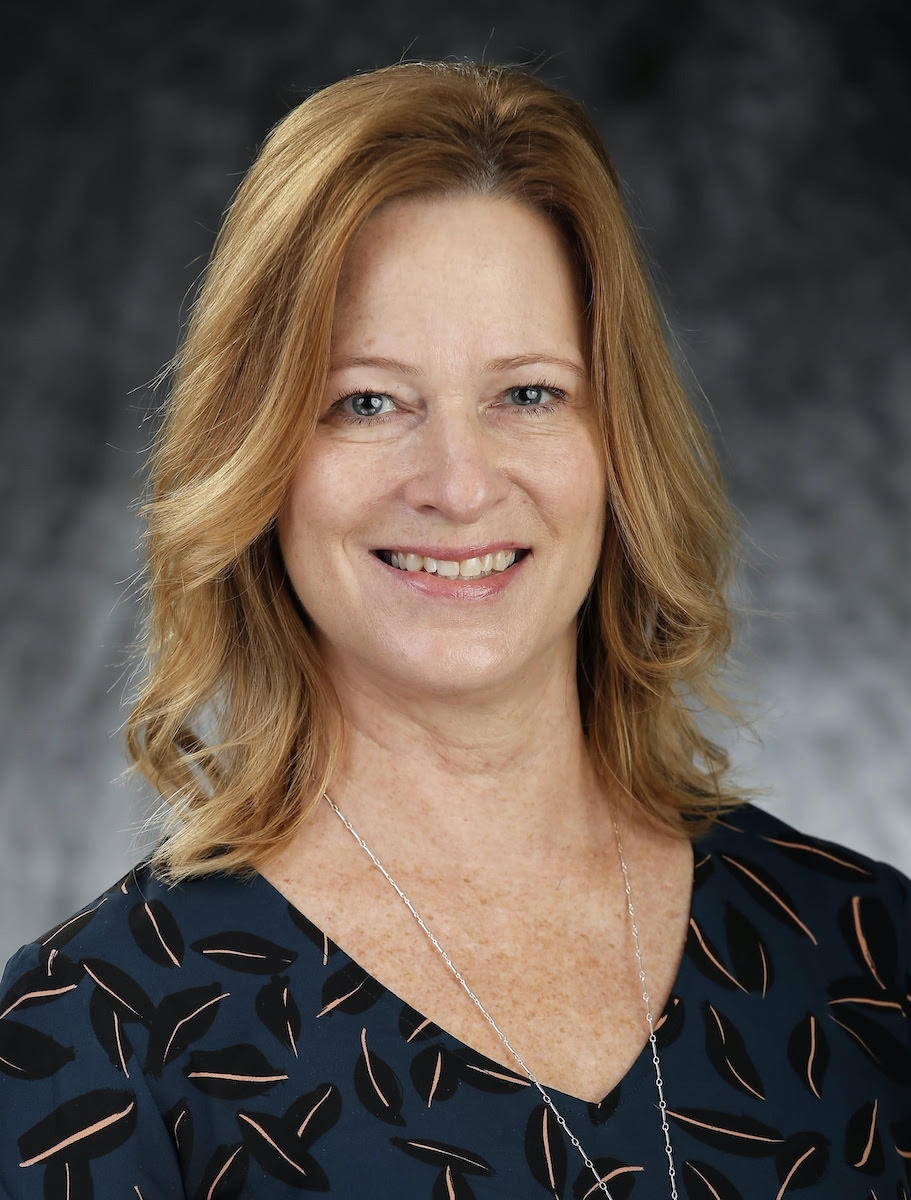Students and leaders from Baltimore joined leaders from cities around the nation are calling on Comcast and the Federal Communications Commission (FCC) to expand Wi-Fi access and move the conversation forward on internet as a utility.
Students Organizing a Multicultural & Open Society (SOMOS), which originated at Baltimore City College high school, gathered reporters on a Zoom press conference on Wednesday to address a need both students and many community leaders have advocated for since quarantine began in earnest back in March: high-speed broadband internet for all students, so they can participate in virtual learning.
And it’s not just students that need access to internet, as low-income communities throughout Baltimore lack access. According to a recent Abell Foundation report, 40% of homes in the city lack wireline internet access and one in three don’t have a desktop or laptop.
One in two Black and Brown students lack access to broadband internet, said SOMOS representatives, noting that the majority of Baltimore’s population is Black or Brown.
Organizations across the country from South Louisiana Coalition for Education (SLCE) to Denver, Colorado’s board of education treasurer Angela Cobián to Philadelphia City Councilmember Helen Gym gathered to address the nationwide need to bridge the digital divide.
SLCE did an analysis of their communities and found that quality of internet declined along racial and financial lines, where those most in need had the worst service. One-quarter of residents in Louisiana had no service, the coalition found.
From Baltimore, SOMOS and Franca Muller Paz, a City College teacher and building representative for the Baltimore’s Teachers Union, took Comcast to task locally about insufficient internet speeds and digital redlining.
“If you look at the maps of who was denied home loans in the 1930s in Baltimore because of the color of their skin,” said 1st District Baltimore City Councilmember Zeke Cohen. “They are disturbingly similar to who has been denied home internet access today.”
The solutions they ask for include a municipal broadband initiative, such as the model used in Chattanooga, Tennessee, an increase in speeds for its low-cost Internet Essentials package, making Internet Essentials free until 60 days after students have returned to in-person learning and opening up access to Wi-Fi hotspots.
Launched by Comcast a decade ago to provide broadband income for low-income households, veterans and people with disabilities, Internet Essentials was opened up by Comcast for two months of free service to new customers who sign on during the pandemic. At a Baltimore City Council hearing last month, Comcast Beltway VP Misty Allen said Internet Essentials speeds can accommodate “three high-quality Zoom calls at the same time, four simultaneous high-quality video calls on Skype and as many as three simultaneous group video calls on Microsoft Teams.” During a separate virtual conversation that took place earlier this week, Technically CEO Chris Wink talked to Karima Zedan, Comcast VP of Digital Inclusion + Internet Essentials, about the how the pandemic raised awareness and necessity of digital equity, and the private sector’s role.
Yo @christopherwink is on Facebook Live RN with @comcast Internet Essentials VP Karima Zedan. We're having an honest convo about digital equity and access. https://t.co/KonSLO454w
— Philly Tech Week (@PhillyTechWeek) September 22, 2020
At Wednesday’s virtual press conference with SOMOS, the organizations also called on the FCC to increase the minimum requirements of what speeds are considered broadband internet. They’re asking the federal government to provide funds to low income communities to subsidize higher speed internet packages, similar to a provision that is contained in the U.S. House of Representatives-passed coronavirus relief bill, the HEROES act.
The common refrain was clear: Local governments asked internet providers to open up residential hotspots and provide more of a public service. They all said no or came up lacking, activists said.
Comcast profits were up 52% in the first two months of the pandemic according to Councilmember Gym, referencing the fact that the company’s Xfinity Mobile service had that level of growth in Q1 2020 compared to Q1 2019. Her ask of the company: “Comcast has a public campaign that says ‘Comcast Cares.’ All we’re asking them is to prove it.”
Donte Kirby is a 2020-2022 corps member for Report for America, an initiative of The Groundtruth Project that pairs young journalists with local newsrooms. This position is supported by the Robert W. Deutsch Foundation.Before you go...
Please consider supporting Technical.ly to keep our independent journalism strong. Unlike most business-focused media outlets, we don’t have a paywall. Instead, we count on your personal and organizational support.
3 ways to support our work:- Contribute to the Journalism Fund. Charitable giving ensures our information remains free and accessible for residents to discover workforce programs and entrepreneurship pathways. This includes philanthropic grants and individual tax-deductible donations from readers like you.
- Use our Preferred Partners. Our directory of vetted providers offers high-quality recommendations for services our readers need, and each referral supports our journalism.
- Use our services. If you need entrepreneurs and tech leaders to buy your services, are seeking technologists to hire or want more professionals to know about your ecosystem, Technical.ly has the biggest and most engaged audience in the mid-Atlantic. We help companies tell their stories and answer big questions to meet and serve our community.
Join our growing Slack community
Join 5,000 tech professionals and entrepreneurs in our community Slack today!

The person charged in the UnitedHealthcare CEO shooting had a ton of tech connections

From rejection to innovation: How I built a tool to beat AI hiring algorithms at their own game

Where are the country’s most vibrant tech and startup communities?



